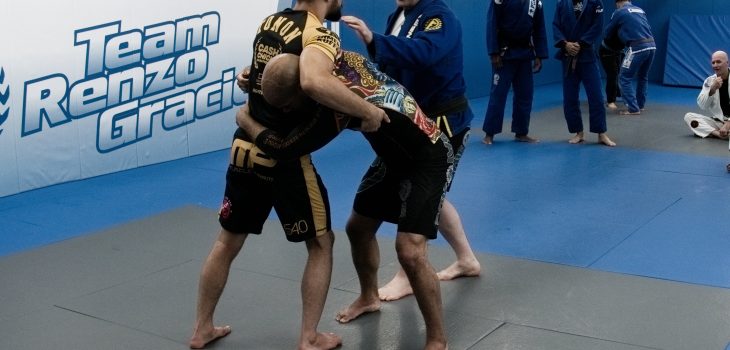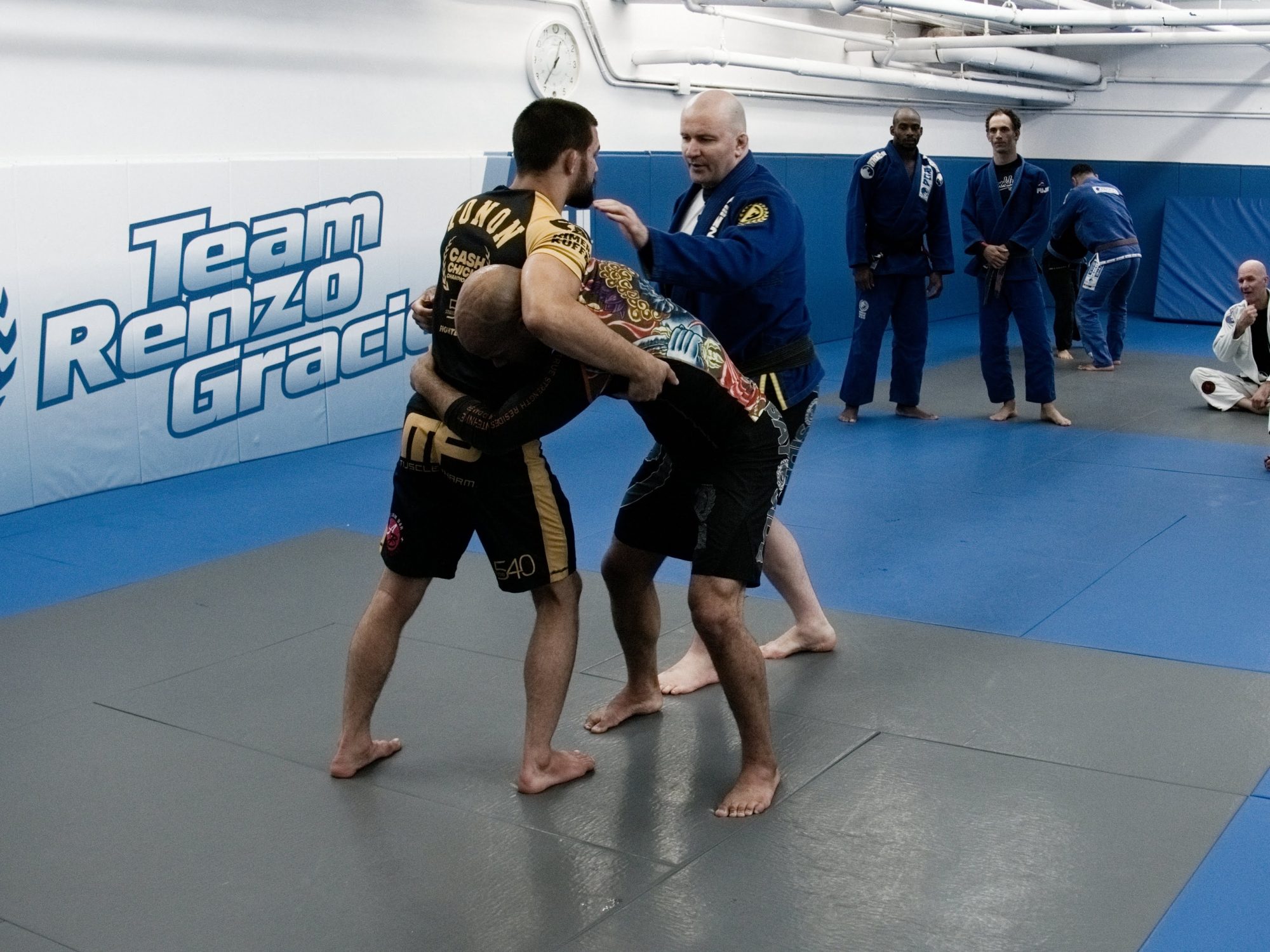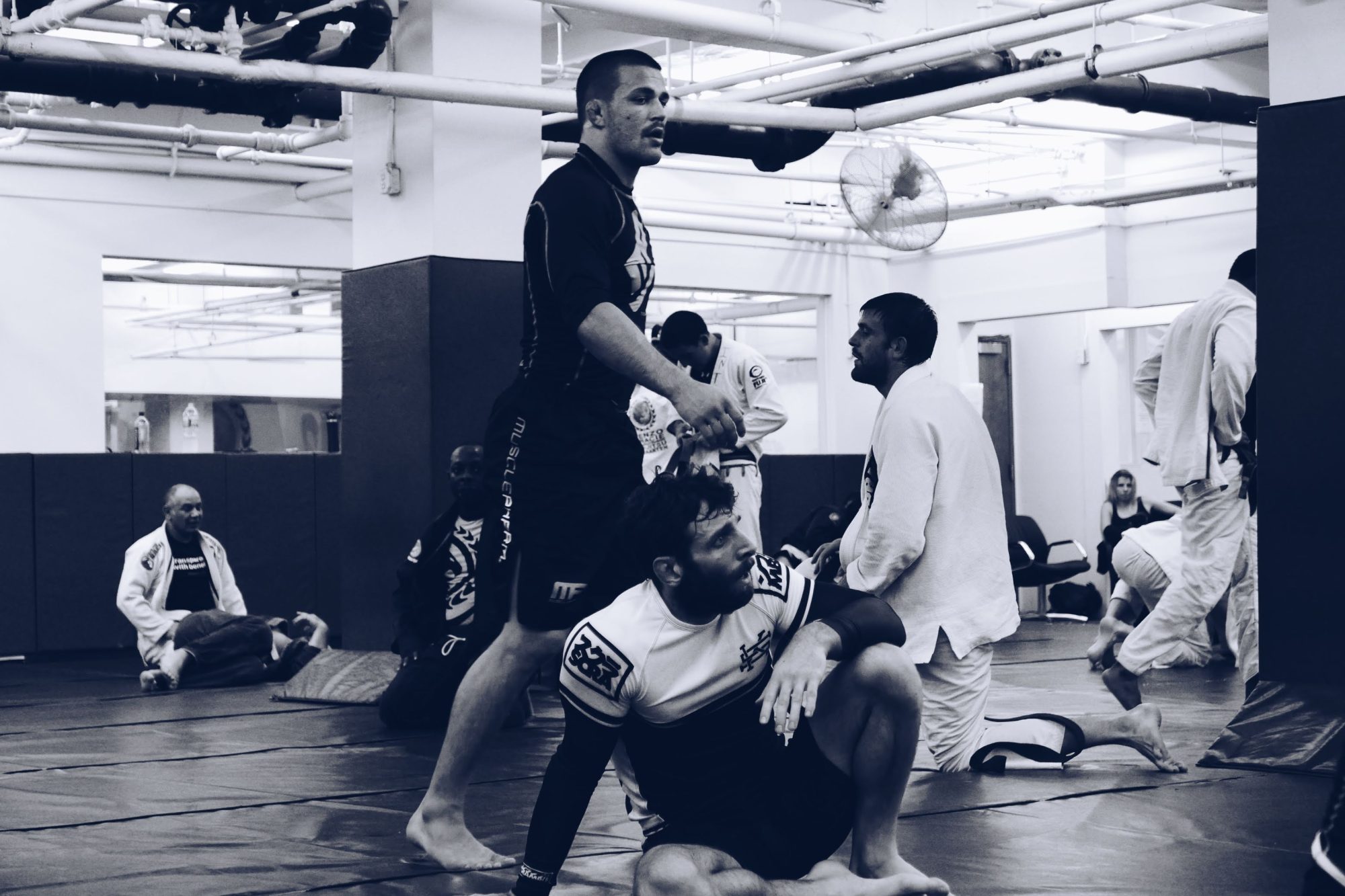 Scramblog
Scramblog Are Coaches What’s Missing from Jiujitsu?
A few figures have risen to prominence recently (and not so recently) in the jiujitsu world – going back a few years, we have, of course, the master, John Danaher. And more recently, Dima Murovanni and Greg Souders. These people have firmly established themselves as “Coaches”, and it is so unusual in jiujitsu that they almost instantly became household names.

As if jiujitsu wasn’t weird enough as it is, we have the following problem in our sport – we have tens of thousands of “instructors”, and not a lot of “coaches”. The traditional route through the BJJ hierarchy is:
- Train
- Compete
- Become black belt
- Open school
- Continue training and competing until the wheels come off
To add to this, most black belts – and instructors – are expected to be the most badass people in the room at any time. The current culture of jiujitsu, for the most part, expects a black belt to jump into sparring rounds and make mincemeat of everyone in the gym. Of course, this is not gospel – many people understand that black belts come in all shapes, sizes, abilities, ages and levels of brokenness, and are somewhat forgiving. But there is no denying that, when a black belt “just coaches” and doesn’t roll with their students, they are often looked down upon.
But why? Take any other sport. In tennis, would your tennis coach be expected to pick up a racket and smash all of their students? No. Sure, they might be expected to demonstrate every now and then, and perhaps show a little of their talent and skill (in a way that might make the student say “Wow, I bet they were amazing in their prime!”), but they would not be expected to be “better” than their students.
The same applies to boxing – you wouldn’t expect Cus D’Amato to throw the gloves on and give Muhammad Ali a battering, nor in football would Pep Guardiola be expected to lace up and run rings around everyone on the pitch.
John Danaher perhaps epitomises the ideal for a successful jiujitsu coach, in the purest sense. Battling many injuries, his time getting down and dirty on the mat is limited, therefore he spends all of class time observing and leading the training, and much of the time between classes researching and planning the training. John is not distracted by worrying about his own abilities in class – he is laser focused on making sure his students are successful.

This is because in those sports it is understood that a coach is a coach, whose job is to be on the sidelines, coaching. Planning, strategising, implementing, providing feedback. This has been sorely lacking in jiujitsu for decades, as the sport simply kept producing more and more “instructors”.
There are exceptions – for example, the Mendes Brothers still appear to be fearsome on the mats, tying their students in knots, AND being excellent coaches with a grand vision and a tightly executed plan for their students. I think I have seen footage of Greg Souders throwing down too and he seems very capable. But for the most part, we lack pure coaches in our sport. Perhaps it’s because jiujitsu is just too much fun? I know if I go to the gym and I don’t spar as much as possible, I feel like I have wasted a session. Perhaps it’s the same for all black belts even when they open their own schools – they just want to spar as much as possible?
Or perhaps it’s just because the sport is still relatively young, and the norms have not yet been established – and also, that there is not enough money in it yet to justify people who only coach. One thing is for certain – judging by the successes of the few who have raised their hands and declared “I am a coach”, there will be plenty more to come.